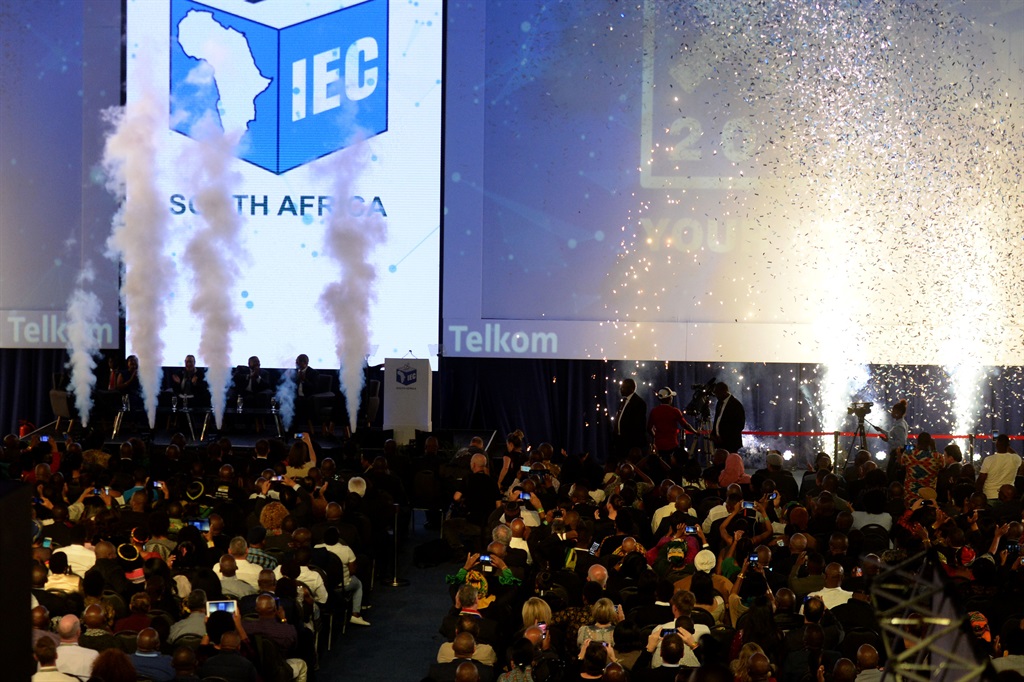
- The Constitutional Court has reserved judgment in an electoral commission application to have the local government elections postponed.
- The commission argued that holding the elections in the next two months would not result in free and fair elections.
- But the court asked why the commission did not approach Parliament.
The Electoral Commission of SA (IEC) argued on Friday that it was correct to approach the Constitutional Court to have the local government elections postponed, and that approaching Parliament would have set a bad precedent.
The Constitutional Court has reserved judgment in the application in which the IEC, and a number of political parties and civil society organisations presented arguments on Friday.
The IEC, represented by advocates Wim Trengove, SC, and Steve Budlender, SC, wants the 27 October elections postponed to next year, saying that it's not possible to hold free and fair elections during the Covid-19 pandemic.
https://t.co/By0KBr5HQV | IEC election postponement bid could undermine ‘core structure of the Constitution’ – DA https://t.co/7AA0uCxdj6
— News24 (@News24) August 16, 2021
The electoral body wants the court to declare that it can hold the local elections outside of the required 90-day period, which started on 3 August and ends on 1 November, and to direct that the elections can be held no later than February next year.
The IEC's application was supported by the ANC. Other political parties, including the DA and ATM, as well as lobby groups and the Western Cape local government MEC joined the case as parties to oppose the relief sought.
Trengove argued that holding the elections on 27 October will not meet the requirements of free, fair and safe elections. Such an election would risk being overturned, he added.
"We do not ask whether it might have been possible or if things have been done differently. Our position is, as we stand here today, it is impossible to hold free, fair and safe elections by the deadline of 1 November."
Justice Leona Theron asked Trengove why the IEC didn't go directly to Parliament, which is empowered to change legislation, instead of approaching the court. Trengove responded that approaching Parliament would not be feasible and it was unlikely that the required two-thirds majority required for that would have been achieved.
Some political parties have welcomed Dikgang Moseneke's report, while some have dismissed it. A political analyst told News24 Moseneke had prioritised lives over political opinion. | @pule_jones https://t.co/8DNtMOecf0
— News24 (@News24) July 21, 2021
Ismail Jamie, SC, who represented Western Cape MEC Anton Bredell, argued that they did not have the power to postpone elections.
He said the Constitutional Court had no power or authority to grant the IEC such a request because justices have sworn to uphold the country's Constitution and the law.
Advocate Mfesane ka Siboto, who represented the EFF, asked the court to direct Cogta Minister Nkosazana Dlamini-Zuma, President Cyril Ramaphosa and the National Coronavirus Command Council to amend Covid-19 lockdown regulations to allow more than 100 people at political gatherings, in the event that the IEC's application fails.
The IEC went to court after an inquiry by former deputy chief justice, Dikgang Moseneke, found that a the possibility of free and fair elections was unlikely due to Covid-19.
In compliance with the Constitution last month, Dlamini-Zuma gazetted the October elections, pending a possible court outcome.
Judgment has been reserved.
Did you know you can unlock this article for a friend who’s not yet a News24 subscriber? Click the gift icon at the top of the page.
